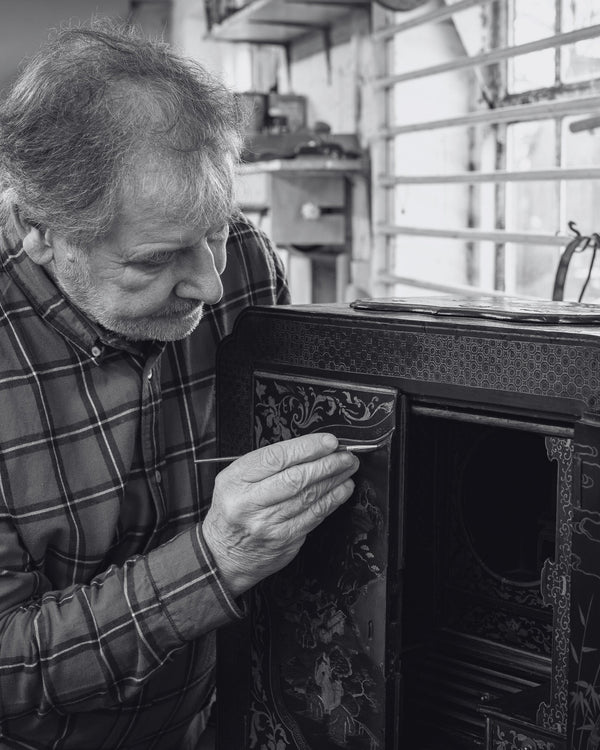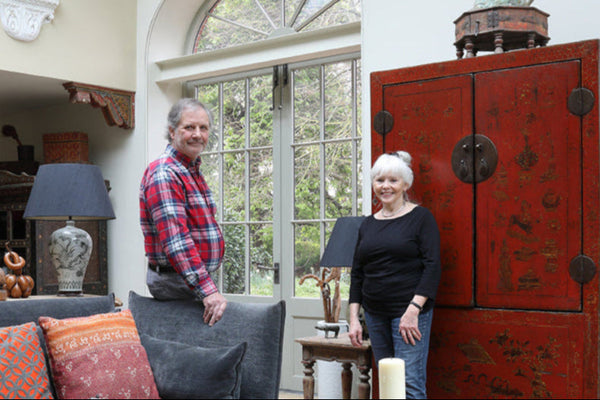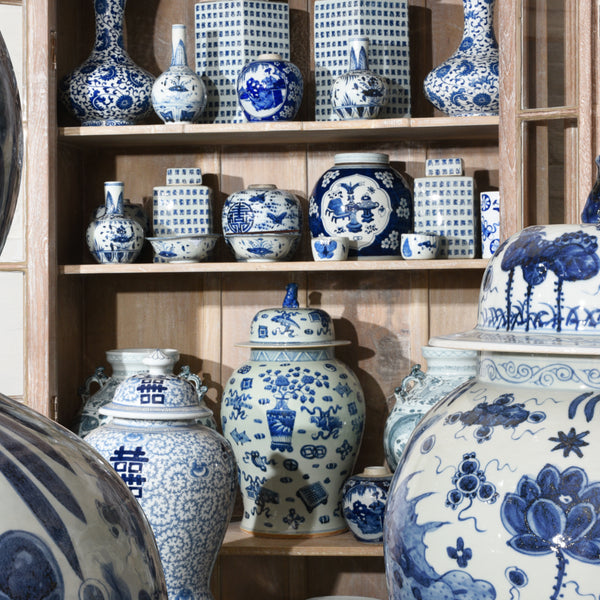Free UK mainland shippingOn orders over £250 - use DELIVERY
You might also like
Customer reviews

Restored in Our UK Workshop
Our expert restorers treat every piece with the respect it deserves.
Using traditional techniques and the highest quality mineral pigments, each piece leaves our workshop only after receiving the highest level of craftsmanship, precision and care.


Recently viewed

Curating beautiful collections of rare Asian Antiques since the mid 1970's.
Our story

Get in touch with us today to set up a trade account.

















































